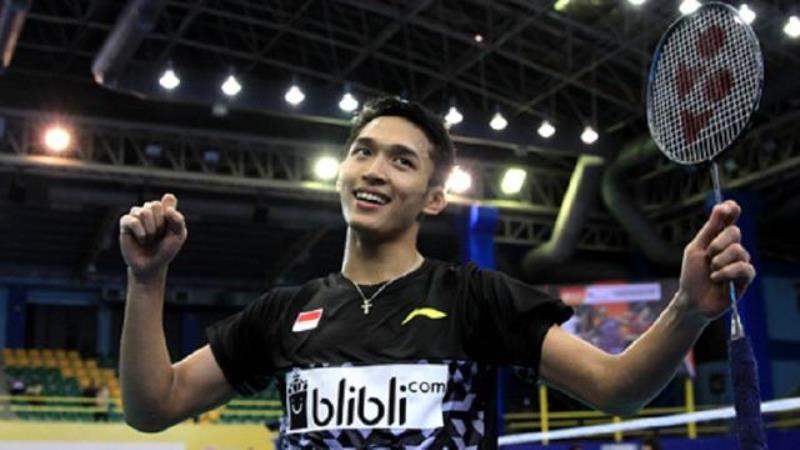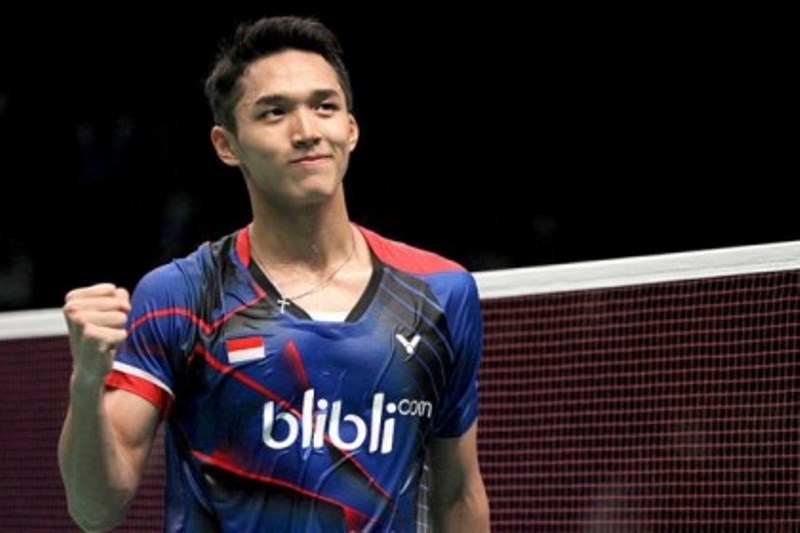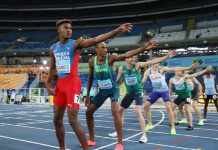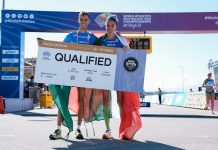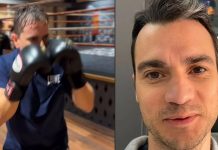The often-brutal sport of rugby has become an unlikely international sports leader in forcing players to accept gay teammates.
It has not been easy.
Nigel Owens, who will referee the World Cup final on Saturday, considered suicide because of the difficulties he faced after coming out in 2007.
Welsh rugby legend Gareth Thomas has spoken out against the barbs he faced after announcing his homosexuality.
But players such as Australian David Pocock, who will be in Saturday’s final, have taken a gay rights stand on the pitch and the World Rugby governing body has backed a campaign by activists.
Neither football nor the US major professional leagues can claim such acts.
Justin Fashanu, the first top English footballer to come out, committed suicide in 1998. He had been accused of sexual assault and felt he would not get a fair trial because of his homosexuality.
Thomas was capped over 100 times by Wales and captained the British and Irish Lions. He declared his sexuality and separated from his wife Jemma in 2009 and is now a television pundit.
Thomas, who had a reputation as a bruiser on the field, said there is still too much anti-gay bar room humour in changing rooms.
“We all like to have a good laugh when playing or watching sport,” he said this year.
“However, when this comes at the expense of gay people, it pushes athletes trying to hide their sexuality, deeper in the closet or they simply stop playing team sports.
– Pitch protest –
“I am one of those who hid his sexuality for years because this kind of language created an environment where it seemed impossible to be accepted as a gay man.”
But he said not all of it showed homophobic intent.
“After I came out of the closet, many of my greatest supporters were teammates who in the past, had made the most jokes about gay people.”
Fellow Welshman Owens came out in 2007 but has remained one of the most respected rugby referees.
On Saturday he will be in charge of players in the New Zealand-Australia final who have spoken out against homophobia, such as Wallaby stars David Pocock and Adam Ashley-Cooper.
Pocock has said he will not marry his girlfriend until gay marriage is legalised in Australia. He brought the debate into the spotlight this year by telling a referee to stop a Super Rugby game when Jacques Potgieter, a flanker for Australian side the Waratahs, twice shouted ‘faggot’.
Pocock received support on the field for his demand from Brumbies teammate and Australia captain Stephen Moore.
“It was an offhand remark made without thought for the hurt it could cause,” said South African Potgieter, who was fined $14,000 for his remarks though half was suspended.
Ashley-Cooper, one of Australia’s biggest stars, said he has friends and family who are gay.
“We need to change sporting culture in Australia and around the world and make sure everyone feels included and safe,” he told the Australian national gay newspaper Star Observer in August 2014.
Pocock believes the fault does not lay just with the conservative world of rugby.
“Athletes aren’t coming out because of the homophobia in society,” Pocock told International Gay Rugby this year.
“I don’t think sports is any more homophobic than wider society in Australia and in many cases it is not the overt homophobia it is the casual putdowns.
“It isn’t until we challenge that nature and the language that they will be a bit more comfortable in their own skin.”
The sport‘s governing body World Rugby and its president Bernard Lapasset have signed an agreement with International Gay Rugby on steps to eradicate homophobia.
“One of the principles of our agreement with International Gay Rugby is the right of any player, official and spectator to be involved with rugby without discrimination on the grounds of sexual orientation or identification,” said Lapasset in a statement.
“And it is great to see the global rugby family and some of the biggest names in the sport, uniting to support and live this principle.” – Agence France-Presse










